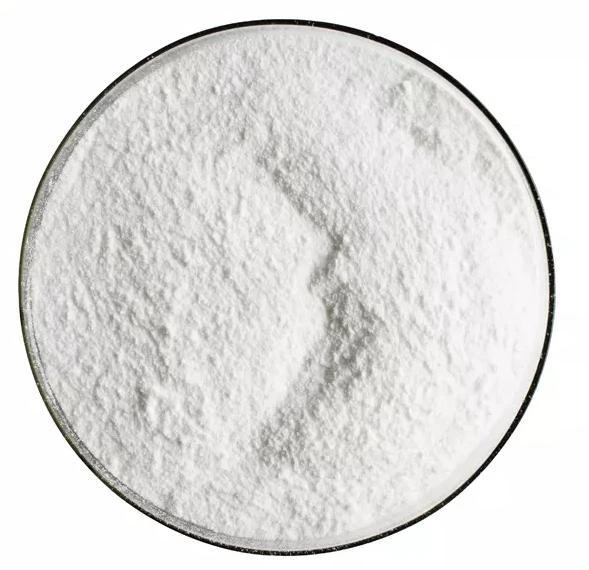Warning: Undefined array key "title" in /home/www/wwwroot/HTML/www.exportstart.com/wp-content/themes/1198/header.php on line 6
Warning: Undefined array key "file" in /home/www/wwwroot/HTML/www.exportstart.com/wp-content/themes/1198/header.php on line 7
Warning: Undefined array key "title" in /home/www/wwwroot/HTML/www.exportstart.com/wp-content/themes/1198/header.php on line 7
Warning: Undefined array key "title" in /home/www/wwwroot/HTML/www.exportstart.com/wp-content/themes/1198/header.php on line 7
- Afrikaans
- Albanian
- Amharic
- Arabic
- Armenian
- Azerbaijani
- Basque
- Belarusian
- Bengali
- Bosnian
- Bulgarian
- Catalan
- Cebuano
- China
- China (Taiwan)
- Corsican
- Croatian
- Czech
- Danish
- Dutch
- English
- Esperanto
- Estonian
- Finnish
- French
- Frisian
- Galician
- Georgian
- German
- Greek
- Gujarati
- Haitian Creole
- hausa
- hawaiian
- Hebrew
- Hindi
- Miao
- Hungarian
- Icelandic
- igbo
- Indonesian
- irish
- Italian
- Japanese
- Javanese
- Kannada
- kazakh
- Khmer
- Rwandese
- Korean
- Kurdish
- Kyrgyz
- Lao
- Latin
- Latvian
- Lithuanian
- Luxembourgish
- Macedonian
- Malgashi
- Malay
- Malayalam
- Maltese
- Maori
- Marathi
- Mongolian
- Myanmar
- Nepali
- Norwegian
- Norwegian
- Occitan
- Pashto
- Persian
- Polish
- Portuguese
- Punjabi
- Romanian
- Russian
- Samoan
- Scottish Gaelic
- Serbian
- Sesotho
- Shona
- Sindhi
- Sinhala
- Slovak
- Slovenian
- Somali
- Spanish
- Sundanese
- Swahili
- Swedish
- Tagalog
- Tajik
- Tamil
- Tatar
- Telugu
- Thai
- Turkish
- Turkmen
- Ukrainian
- Urdu
- Uighur
- Uzbek
- Vietnamese
- Welsh
- Bantu
- Yiddish
- Yoruba
- Zulu
නොවැ. . 26, 2024 04:42 Back to list
Health Effects and Safety Considerations of Saccharin Consumption
The Health Implications of Saccharin Understanding Its Role in Our Diet
Saccharin, one of the oldest artificial sweeteners, has been a topic of debate since its discovery in the late 19th century. Originally utilized during World War I when sugar was scarce, saccharin soon gained popularity for its sweetening properties, being approximately 300 to 400 times sweeter than sucrose. Today, it is found in numerous food products, including soft drinks, candies, and various low-calorie or sugar-free products. While saccharin provides an effective way to satisfy a sweet tooth without the added calories of sugar, it is essential to understand its health implications.
The Benefits of Saccharin
One of the most significant advantages of saccharin is its ability to help manage caloric intake, making it a popular choice for individuals attempting to lose or control their weight. By substituting sugar with saccharin, people can enjoy sweet flavors without the accompanying calories, which can aid in weight management. Furthermore, saccharin is beneficial for individuals with diabetes, as it does not raise blood sugar levels, making it a safe alternative to traditional sugars.
Additionally, saccharin can be advantageous for dental health. Unlike sugar, which can contribute to the development of cavities and tooth decay, saccharin does not ferment in the mouth. This property makes it a preferable choice for dental-friendly products, helping to promote better oral hygiene.
Health Concerns Surrounding Saccharin
Despite its benefits, the use of saccharin has not been free from controversy. In the 1970s, concerns emerged about the potential carcinogenic effects of saccharin, leading to bans in several countries and warnings on product labels. However, extensive research conducted since then, including studies by the National Institute of Health and various health organizations, concluded that saccharin is safe for human consumption when consumed within established acceptable daily intake levels.
saccharin health

Nevertheless, some individuals report sensitivity to saccharin, experiencing headaches or gastrointestinal issues upon consumption. These reactions are relatively rare but may warrant consideration for those who experience such symptoms.
Regulatory Status and Recommendations
Today, saccharin is considered safe by regulatory bodies such as the Food and Drug Administration (FDA) and the European Food Safety Authority (EFSA). The acceptable daily intake (ADI) for saccharin is set at 5 mg per kilogram of body weight, ensuring a safe consumption level for the general population.
It is crucial for consumers to be mindful of the products they choose. While saccharin can be a useful tool for those looking to reduce sugar intake, relying solely on artificial sweeteners may not be the best approach for overall health. Balanced nutrition, which prioritizes whole foods, fruits, and vegetables, should take precedence.
Conclusion
In summary, saccharin presents both benefits and concerns regarding its use in our diets. It offers a zero-calorie alternative to sugar, assists in weight management, and poses no immediate threat to dental health. With extensive research backing its safety today, saccharin can be enjoyed in moderation. However, as with any dietary component, it is essential to practice moderation and maintain a balanced diet. As individuals continue to navigate the complex landscape of food choices, informed decisions about sweeteners like saccharin will contribute to healthier lifestyles.
Latest news
-
Certifications for Vegetarian and Xanthan Gum Vegetarian
NewsJun.17,2025
-
Sustainability Trends Reshaping the SLES N70 Market
NewsJun.17,2025
-
Propylene Glycol Use in Vaccines: Balancing Function and Perception
NewsJun.17,2025
-
Petroleum Jelly in Skincare: Balancing Benefits and Backlash
NewsJun.17,2025
-
Energy Price Volatility and Ripple Effect on Caprolactam Markets
NewsJun.17,2025
-
Spectroscopic Techniques for Adipic Acid Molecular Weight
NewsJun.17,2025

